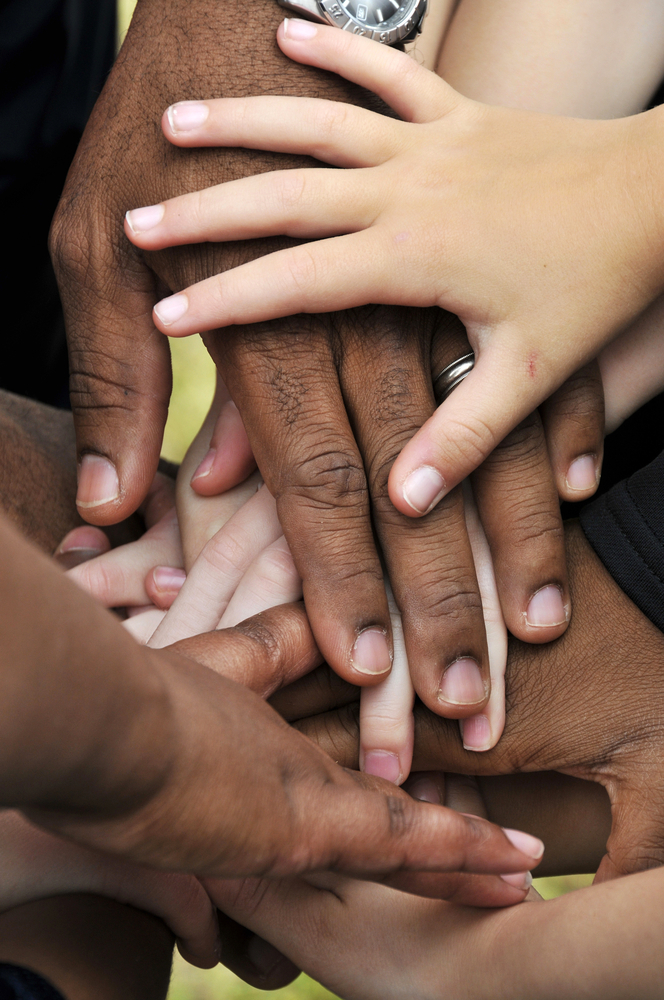The church’s role in U.S. racism

Question & Answer
Annie from Rhode Island, writes:
Question:
With the #TakeAKnee movement growing, what do you think the Church’s role in racism in the US is?
Answer: By Rev. Mark Sandlin

What it is and what it should be, unfortunately, aren’t always one in the same.
A recent analysis led by Wendy Wood, Provost Professor of Psychology and Business at USC College and the USC Marshall School of Business, found a positive correlation between religiosity and racial bias.
The analysis looked at data from 55 different studies on religion and racism in America dating back to the Civil Rights Act. Combined, the studies include more than 22,000 participants, mostly white and Protestant. (And that’s important: Protestant. Much of the current support for our racially biased government comes from the more conservative Evangelical Christian movement, not the Protestant).
As the study reports: “A meta-analytic review of past research evaluated the link between religiosity and racism in the United States since the Civil Rights Act. Religious racism partly reflects intergroup dynamics. That is, a strong religious in-group identity was associated with derogation of racial out-groups. Other races might be treated as out-groups because religion is practiced largely within race, because training in a religious in-group identity promotes general ethnocentrism, and because different others appear to be in competition for resources. In addition, religious racism is tied to basic life values of social conformity and respect for tradition.”
Recognize here that the study did not find that religion causes racism. It’s findings say that religion is fertile soil for those who have tendencies toward racism. Progressive, Christian, author Anne Lamott puts it this way, “You can safely say that you’ve created God in your own image when it turns out God hates all the same people you do.”
Or as I’ve said, “If your religion doesn’t challenge you to care for people you might otherwise be dismissive of and, instead, reinforces your negative feeling about them, you don’t have a religion – you have a formalized structure for institutionalizing your biases.”
Basically, when it isn’t practiced with intelligence and compassion, religion can easily be used as an authoritative confirmation of our biases – without the humanist perspectives of critical thinking and the innate value of individuals, perverting religious outlooks to suit personal prejudices is far too easy. Add to it the dogmatic environment of most churches and it can be the perfect petri dish for growing cultures of racism.
Putting racism into the hands of God also makes life easier when you are confronted with social injustices. If you can blame a group’s oppression on the retribution of an angry god or some inherent deficiency, then you really not only have no responsibility in it but you’d be foolish to go against God. Not only that, you don’t have to feel bad about the privileges that are given to you when you choose not to extend those same privileges to people who’ve already been judged by God.
The harsh reality of race and religion in America is that religion has become a cover for racism.
The reality is that racial discrimination is now being touted as “religious freedom.”
You can wrap the law around it any way you want. You can call it religious freedom, freedom of speech… whatever you want. No matter what you call it, it remains morally repugnant and devoid of any god that I ever care to worship. There is no space in a healthy spiritual community for racism, or for that matter anything that pits one group of people over another.
That kind of thinking, that kind of acting, stands over and against everything that can grow a person or a community spiritually. That kind of thinking plays to the lowest forms of human pettiness and uses religion as a weapon rather than as a balm. It is a bastardization of spirituality and must be actively resisted at every turn and cast out like the demon that it is.
It does not mean that we stop seeking to care for those who practice it. That would put us in a similar place of denying people for being different than us, but it does mean not sitting silently by as it is being practiced. It does mean actively resisting it in our churches and communities.
~ Rev. Mark Sandlin
This Q&A was originally published on Progressing Spirit – As a member of this online community, you’ll receive insightful weekly essays, access to all of the essay archives (including all of Bishop John Shelby Spong), and answers to your questions in our free weekly Q&A. Click here to see free sample essays.
About the Author
Mark Sandlin is an ordained minister in the Presbyterian Church (USA) from the South. He currently serves at Presbyterian Church of the Covenant. He is a co-founder of The Christian Left. His blog, RevMarkSandlin, has been named as one of the “Top Ten Christian Blogs.” Mark received The Associated Church Press’ Award of Excellence in 2012. His work has been published on “The Huffington Post,” “Sojourners,” “Time,” “Church World Services,” and even the “Richard Dawkins Foundation.” He’s been featured on PBS’s “Religion & Ethics NewsWeekly” and NPR’s “The Story with Dick Gordon.” Follow Mark on Facebook and Twitter @marksandlin
